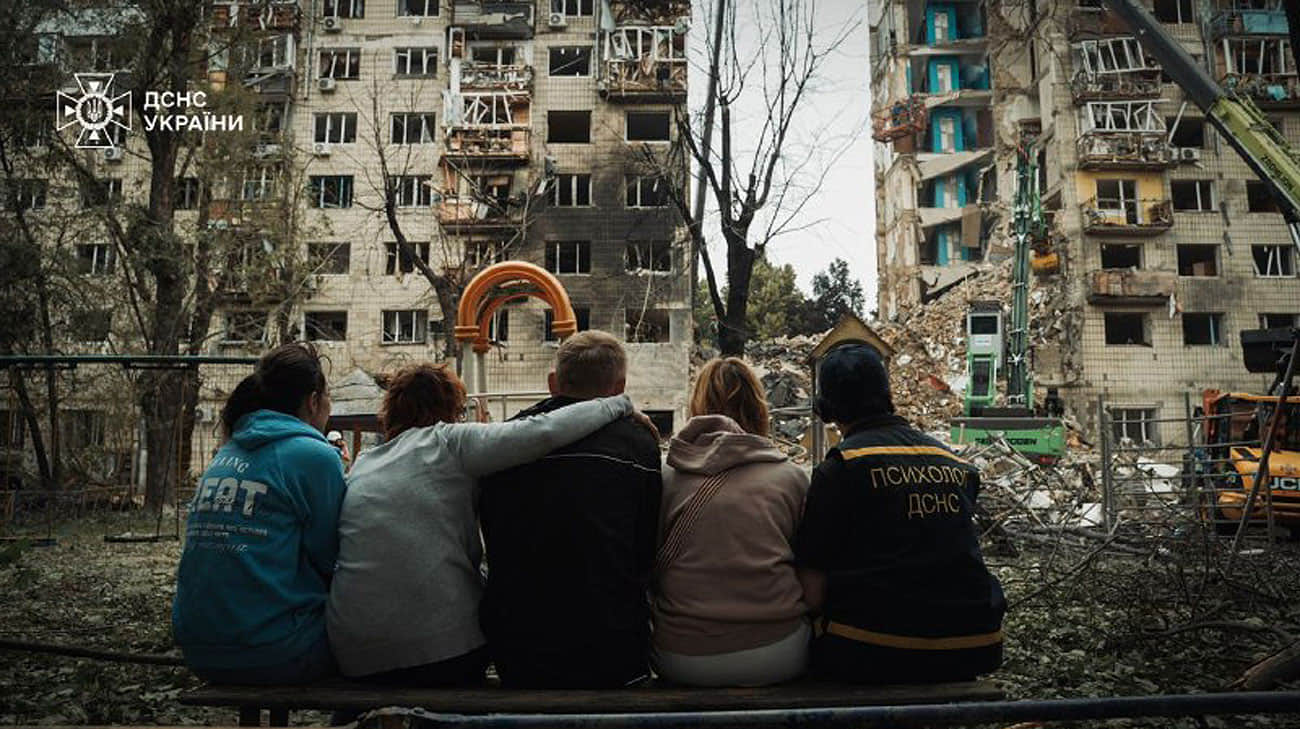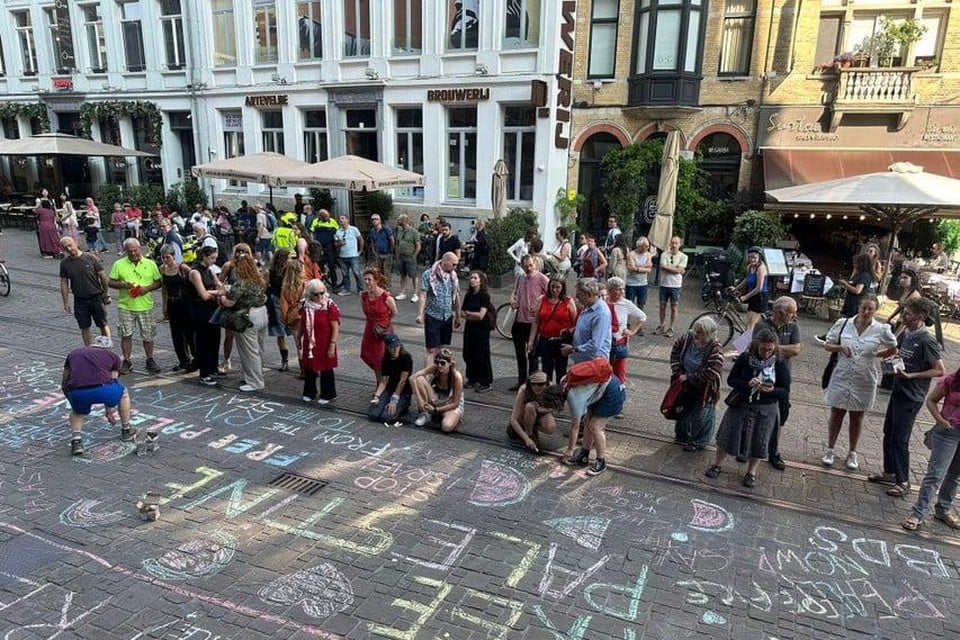Madrid and Canary Islands, the communities where children are less documented that emigrate alone | Spain

The last report of the Ombudsman dedicated to migrant childhood He revealed a fact until now unknown. Of the 12,261 unaccompanied foreign minors in Spain in December 2023, only 27% of them had a residence authorization. The figure, although it is not updated, shows that the law is breached systematically and that this group remains in the country without the authorizations of residence and work that both autonomous communities and government delegations must process them. In that classification, the Community of Madrid stands out in the last place, where at that time only 14% of the minors received were. Second, this Canary Islands, where only 17% of minors had a residence authorization.
The data are bad as a whole although there are also cases such as La Rioja who had documented 100% of the children he touched (only six) and, above all, Ceuta, which, despite his overalls, manages to document 80% of the more than 230 minors hosted in the Autonomous City.
Although these children and adolescents are considered regular for all purposes, the lack of residence and work authorizations limits rights and becomes a more serious problem when they are 18 years old, when they are seen in the street as adults. Without papers they cannot work, or access many formations, or open a bank account, or obtain their health card, or opt for public aid … In many cases they cannot rent a home since the owners have begun to demand legal residence. Irregularity pushes them to marginality and, in extreme cases, to expulsion, even if they grew in Spain.
The responsibility of processing the documents of unaccompanied foreign minors is shared. On the one hand, the Autonomous Community has the obligation to take the identity documents of the boys in the respective consulates and then request the authorizations of residence to the Government Delegations. On the other, it is precisely the delegations that have the ultimate responsibility to regularize them: if at 90 days of their reception by the protection services, the minor does not have a residence permit, the foreigner offices have the legal duty to open ex officio files, process them and resolve them within one month.
The defender is interested in these figures to measure the impact that the reform of the Foreigner Regulation undertaken in 2021 had in this group that was intended, precisely, to facilitate the processing of the authorizations of residence and work of the minors. The measure was considered a successabove all, labor integration because it has allowed more than 17,000 young people between 16 and 23 years old to work, but the defender’s figures reflect that it is not working as expected for children who are still under the tutelage of the autonomous communities. The proof is that the 2023 numbers are not very different from those revealed by the country in 2019, before the reform of the law. So Only 21% of minors had their residence card.
The institution fails to identify a « common pattern » to explain why, who and how they fail or why some communities have very high rates of non -compliance and lower ones.
In the case of Madrid, the situation is especially complex because it is the destination of minors who come from other communities and many others who arrive at the Barajas airport – with adult passports -, to which it is recorded, but they leave. Raíces Foundation, which attends dozens of those boys without papers every year, points out that the hole is even greater because it is not just that they are not processed the residence, but their passports are not processed. « Without identifying documentation, they cannot even register and much less ask for a residence authorization on your own, » explains Laura Iruarrizaga, lawyer of the Foundation. The lawyer regrets that this dynamic pushes many of those kids by withouthogarism, because once outside the centers and as adults it is much more difficult to regularize.
The Community of Madrid maintains that the time it takes to request authorization depends, above all, the documentation that the minor bring with him. If the child has no passport, a spokesman ensures that the Prosecutor’s Office must determine his age, which may take up to six months. And that, once confirmed that it is less, it is guarded and the residence is requested. « At this time, the Government Delegation is solving the residence authorizations requested in February, » he says. In reality, the determination of age is only mandatory in doubtful cases and is not necessary to assume guardianship, nor is the guardianship requirement to start processing its papers. The Government Delegation has not answered the questions of this newspaper.
The case of the Canary Islands, in the epicenter of today for the saturation of its reception centers, has deserved a separate chapter in the report of the Ombudsman. As the country revealed last Aprilonly about 800 children of the 5,800 that are protected in the islands have a residence authorization. The figures confirm that the problem presented by the defender with 2023 numbers is still a challenge in 2025.
In the islands the problem lies on the one hand where protection services are saturated and do not supply to get the passports of minors, but also in the difficulties in obtaining other alternative documents and that depend on the Government Delegation. At the same time, the Government Delegation maintained hundreds of files to open and many others to process. To solve the jam, The government launched a shock plan last month.







